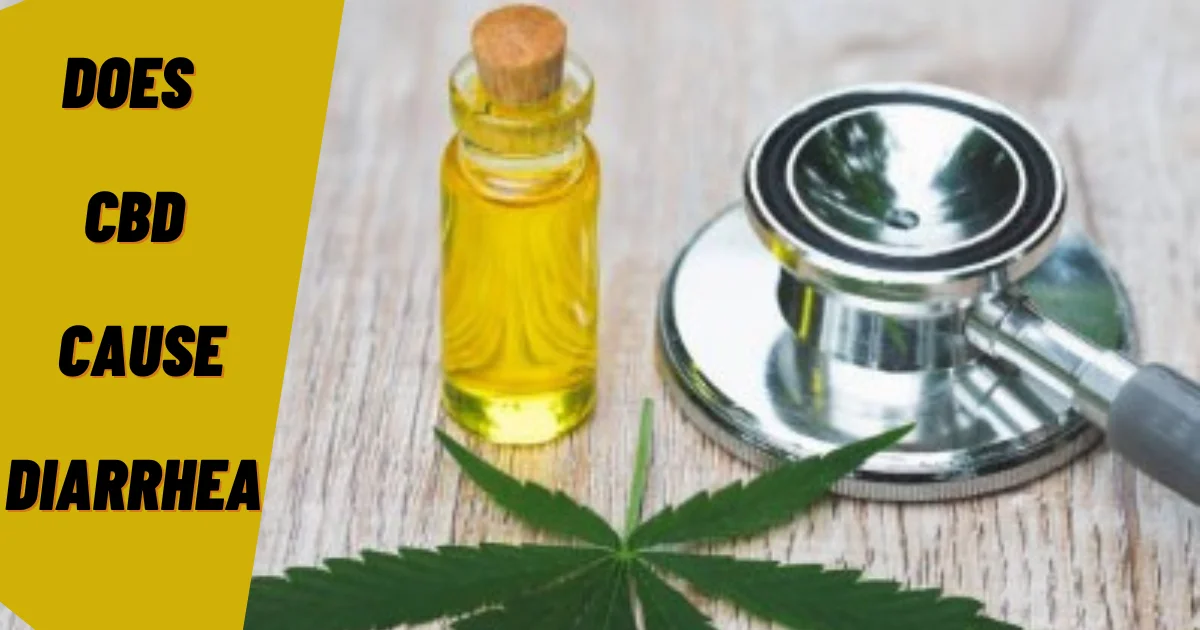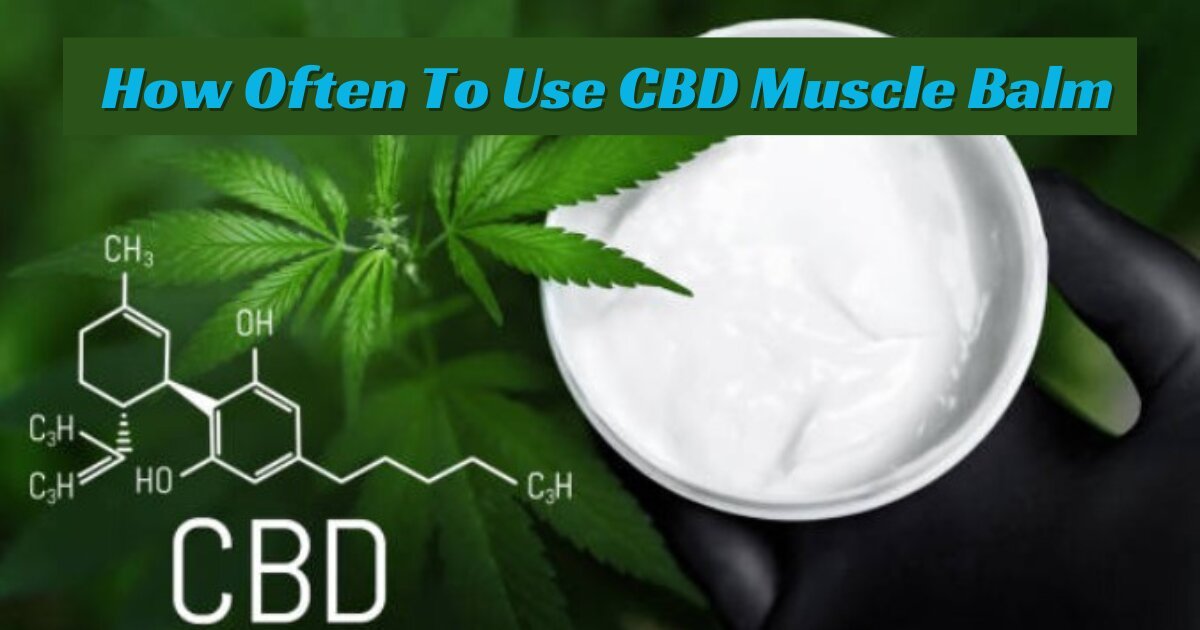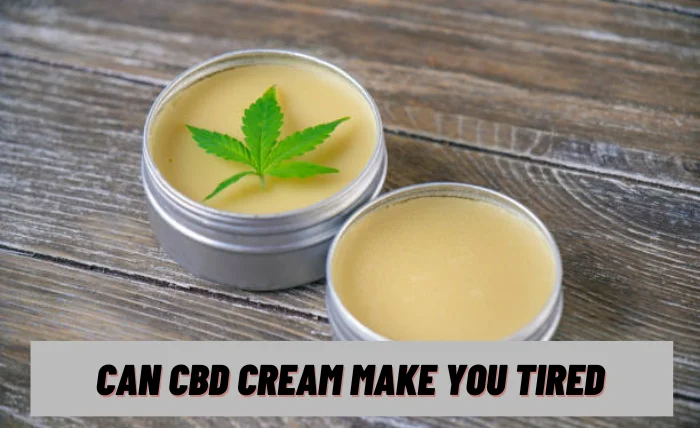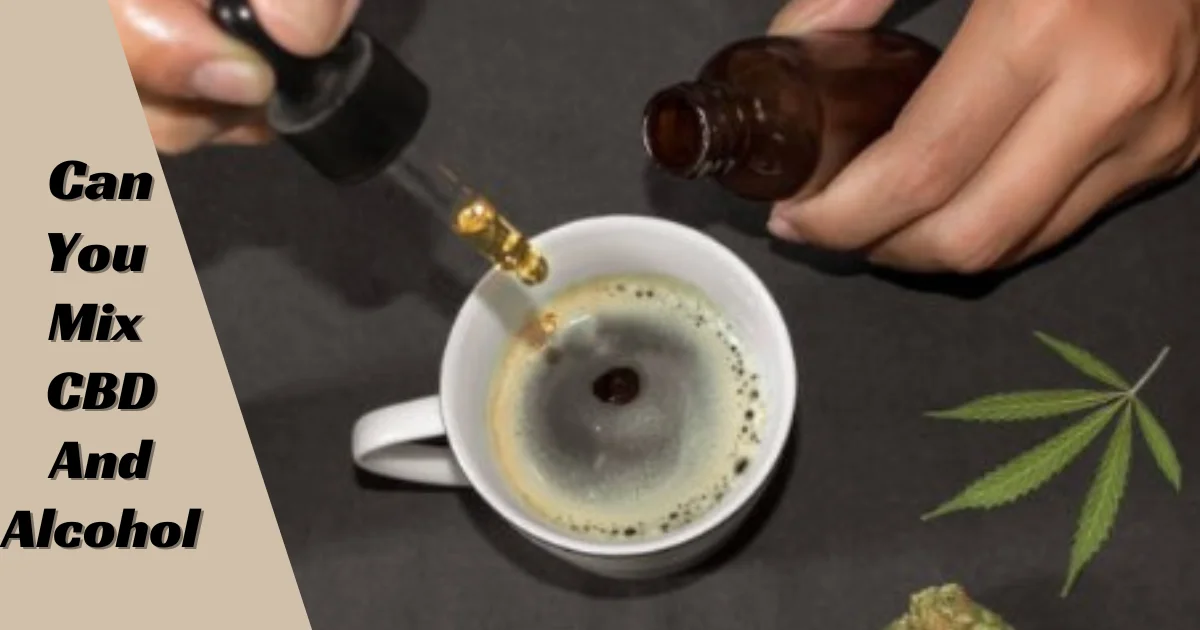CBD, or cannabidiol, has recently exploded in popularity for its many purported health benefits. Increasingly, CBD is making its way into skincare products. But what does this cannabis derivative do for your skin? And is it just a fad or a proper therapeutic remedy? CBD is known to have potent anti-inflammatory and antioxidant properties, which can theoretically improve certain skin conditions. However, research is still emerging.
This article explores the potential effects of CBD on skin health. We’ll look at what the science says about using CBD for acne, anti-aging, irritation, eczema, and more. You’ll learn how to incorporate CBD into a healthy skincare regimen. With the facts, you can decide if CBD’s skin superpowers live up to the hype.
Potential Benefits of CBD for Skin
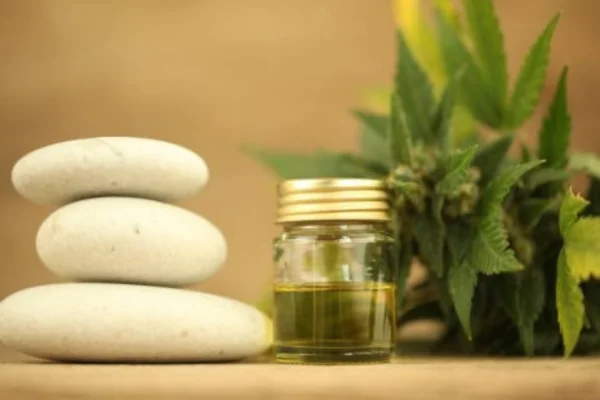
CBD may offer some skin benefits. But more research is still needed. Here are five ways CBD might help the skin.
Reducing Inflammation
CBD is anti-inflammatory. It blocks inflammatory chemicals in the skin. This can calm redness and swelling. It also reduces cytokines that irritate. Less inflammation may help conditions like eczema.
Soothing Irritation
CBD activates cannabinoid receptors in the skin. This helps soothe and calm sensitive skin. It makes skin feel less itchy or painful. CBD also reduces nerve inflammation. This eases sensitive skin triggers.
Anti-Aging Antioxidant
CBD contains antioxidants. These fight free radicals that damage skin. Free radicals break down collagen and elastin. This leads to fine lines, wrinkles, and sagging. The antioxidants in CBD may help prevent premature aging.
Regulating Oil and Sebum
Excess oil and sebum cause acne breakouts. CBD may reduce oil production in pores. It normalizes the overproduction of sebum. This prevents clogged follicles and acne formation. CBD also has antimicrobial properties to fight pimples.
Improving Skin Conditions
Some studies show CBD improves skin conditions. For example, eczema, psoriasis, and acne. It reduces symptoms like irritation, redness, and itching. Larger scale research is still needed to confirm effects. But CBD may complement other treatments.
Current Research Limitations
While CBD shows potential, there are research gaps. More studies are needed to confirm the effects on the skin.
Lack of Large Human Studies
Most research is small lab studies on cells or animals. There needs to be more quality human studies. More extensive clinical trials are needed on real people. This will better test effectiveness and safety.
Conflicting Results
Existing studies have conflicting results. Some show CBD benefits the skin. Others show little effect. More consistent clinical data is needed.
Unknown Long-Term Effects
The long-term effects of CBD are unknown. Studies rarely go beyond six months. Products of sustained, years-long use still need to be understood.
Optimal Dosage Unclear
The ideal dosage of CBD is still unknown. Dosages in studies vary widely. Effects likely depend on many factors like method and concentration, and more research is required.
Interactions with Other Ingredients
How CBD interacts with other skin product ingredients needs to be studied. It may boost or reduce the effects of different components.
Choosing High-Quality CBD Skin Products
Picking the right CBD skin product takes some research. Here is what to look for:
Seek Quality Carrier Oils
CBD oil should be mixed with skin-healthy carrier oils. Coconut, sweet almond, olive, avocado, grapeseed, and hemp seed oil nourish skin. Avoid mineral oil that clogs pores. Also, avoid silicone oils.
Choose Safe Extraction Methods
Browse for broad-spectrum CBD extracted without hazardous solvents. CO2 extraction is clean, safe, and effective. It pulls more beneficial cannabinoids versus steam distillation. Beware of untested CBD isolates.
Verify Third-Party Lab Testing
Legitimate CBD brands post current lab reports. Testing confirms CBD levels, purity, and safety. It checks for solvents, pesticides, heavy metals, and mold. Avoid any CBD skin products without lab proof.
Effective Dosing
CBD dosage varies widely in studies from 0.5mg to over 100mg. There is no standard dose. 1-2% CBD concentration is moderate starting point. Low doses may be ineffective. High doses are unstudied for safety.
Seek Additional Skin Nutrients
Look for CBD skin products with vitamins, antioxidants, and botanicals. Vitamin C brightens skin. Vitamin E improves moisture—hyaluronic acid hydrates. Plant extracts like green tea, aloe, and chamomile soothe skin.
Ensure Quality Packaging
Pick opaque packaging in air-tight bottles or tubes. Pump bottles maintain purity each use. CBD oil degrades quickly in light and air exposure. Proper packaging preserves potency.
How to Incorporate CBD into Your Routine
Mix a few CBD oil drops into your usual creams, serums, or masks. Apply after cleansing and toning. The CBD will absorb along with other beneficial ingredients. Combining CBD with moisturizers boosts hydration. Serums allow it to penetrate deeper. Masks deliver concentrated benefits.
Avoid Potential Drug Interactions
CBD may interact with certain medications: especially blood thinners, antidepressants, antibiotics, heart medications, and others. Check with your doctor about potential reactions. Also, avoid applying CBD hours before or after taking drugs. Start CBD at least two weeks after finishing any prescription course.
Start Slowly and Monitor the Effects
When first using CBD, gradually introduce it to your regimen. Use every other day or mix into products a few times per week. Pay attention to your skin’s response. Seek any irritation, breakouts, or changes.
Reduce use if reactions occur. Keep notes on dosage and effects. Over 4-6 weeks, slowly increase frequency and amount as tolerated. But don’t overdo it.
Talk to Your Dermatologist
Discuss trying CBD skin products with your dermatologist. They can advise on dosage, potential interactions, and formulation (cream, oil, serum, etc). Provide updates on any effects you notice. Book a follow-up visit a few months later to evaluate results and adjustments. A doctor can help you use CBD safely and effectively.
Conclusion
While CBD holds promise for skin health, scientific evidence is still evolving. Its anti-inflammatory and antioxidant properties suggest benefits for conditions like acne and eczema. However, limited large-scale human studies, conflicting results, and unknown long-term effects warrant caution.
Choosing high-quality CBD products, understanding effective dosing, and consulting with a dermatologist are crucial steps for exploring CBD’s impact on the skin.

